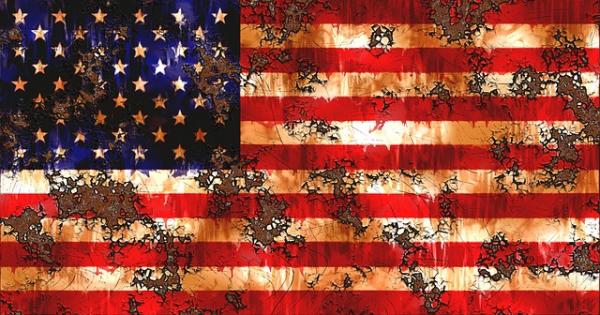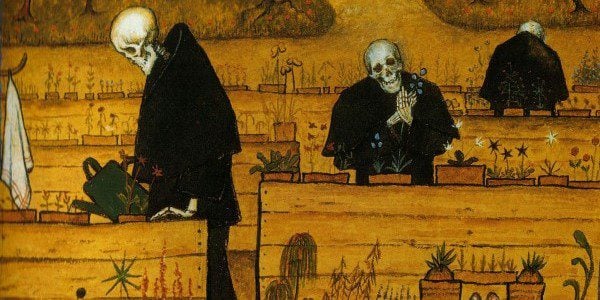Remember the big story last year about Dan Price, the millennial super-cool CEO of Gravity Payments who raised the minimum wage in his company to $70,000 a year?

I remember it because I lauded it back then as a great thing and the kind of move that demonstrated a courageously counter-intuitive kind of leadership, reflective of values that bucked the usual corporate capitalist emphasis on profits, profits, profits.
Well a lot has happened since then. An article in Esquire, “The Prophet Motive,” provides the run-down. Bottom line is that it turns out that the whole scenario is far more complicated than it first appeared (and Dan Price’s motives more complex than we knew). Another reminder that things aren’t always what they seem.
But my purpose here isn’t to get into the weeds of all that.
What jumped out at me in the article is a few paragraphs about half-way down the article:
Price no longer considers himself a Christian, but he and his father are still close, and five of Gravity’s top salesmen are former ministers. Price told me that it was his loss of faith that led him to his decision to raise the lowest salary at Gravity to $70,000.
“I grew up believing I’m gonna live forever and I have an omnipotent eternal creator who loves me unconditionally,” said Price. “And I’m like, ‘I gotta find something, some mantra, that can match that”…
“The best one I found was: I wanna be part of a revolution in business where it’s about solving problems. It’s not about squeezing money anymore. And then I said, ‘Well, maybe all this vanity could actually translate into that.'”
I’ve written quite a bit here and there on this blog about death anxiety, and in particular the theory of death anxiety laid out by Ernest Becker.
Dan Price’s answer here illustrates really well how death anxiety works. It’s not necessarily a conscious awareness of the inevitability of death, or even a sense that it could happen soon. Rather, it’s more like a tremor or a dread underneath that is usually non-conscious or sub-conscious. We might not be thinking about death or our mortality (consciously) at all, but we do get anxious or worried about whether our life in the present has any meaning, any significance.
Death anxiety, as Becker points out, is not so much worry about or fear of death, but is anxiety over whether the life I’m living has significance, enduring contribution, a legacy that will surpass me whenever I do die.
Religion is very good at giving people a sense of enduring significance, because most religions teach some kind of literal immortality–that we actually do transcend this “mortal coil” and thus the urgency of finding significance, meaning, or justice in the present life may be ameliorated.
But when people lose their religion and therefore lose their belief in or grounding for a hope in literal immortality (e.g. Dan Price), then they turn to avenues for symbolic immortality, which is to say they rely on the symbols and behaviors that culture provides for gaining a sense of lasting significance: amassing great wealth, having children (legacy through progeny), fame, altruism, or any number of accomplishments deemed “heroic” by the symbol systems of culture.
Or in Price’s words, “I wanna be part of a revolution in business where it’s about solving problems. It’s not about squeezing money anymore.”












